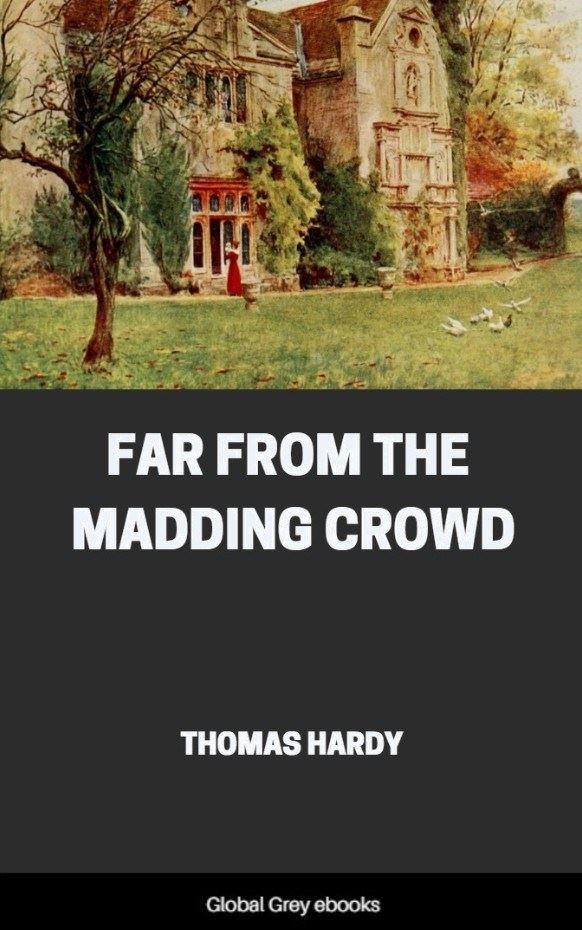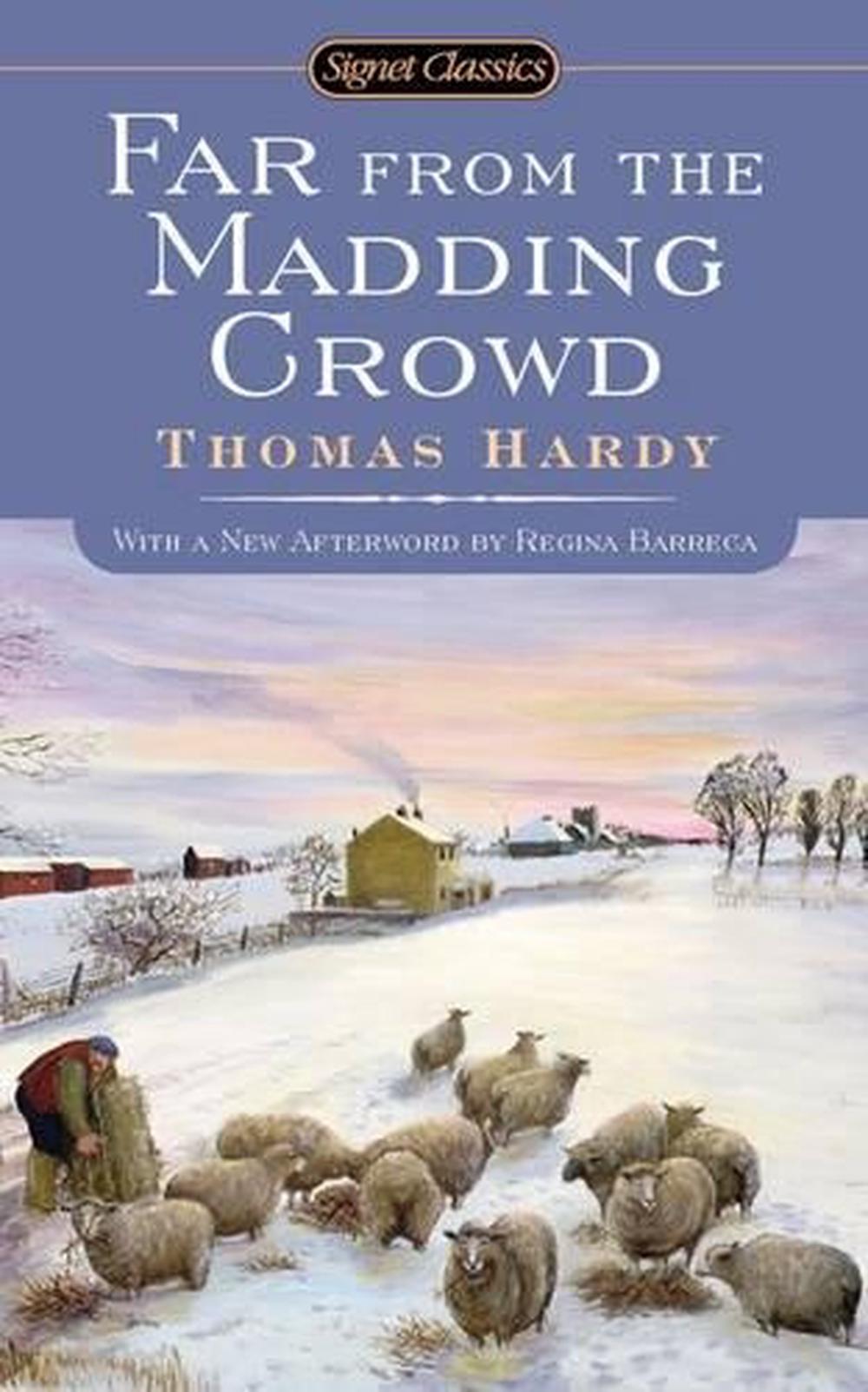
Strongly identifying himself and his work with Dorset, Hardy saw himself as a successor to the Dorset dialect poet William Barnes, who had been a friend and mentor.

Hardy is synonymous with his home county, which he explored through the rustic characters in many of his novels. In the mid-1860s due to ill health and lack of funds, he turned his mind to poetry and writing. Hardy would train as an architect there before moving to London and won prizes from the Royal Institute of British Architects and the Architectural Association. Growing up at an isolated cottage in Dorset, he was often ill as a child before going to learn mathematics and Latin in nearby Dorchester.

One of the most renowned poets and novelists in English literary history, Thomas Hardy lived from the Victorian era right into the Edwardian period (from 1840 to 1928). This latest attempt to 'mollycoddle' students comes after it was revealed last week that University bosses slapped more than 1,000 texts with trigger warnings or removed them from reading lists due to their 'challenging' content. Gabriel does manage to save 57 of the sheep.Īmid these types of scenes, Warwick's English Department put the content note on the novel to alert students to the material which it sees as sensitive. After this, he kills his inexperienced sheepdog and becomes penniless.Īnd in another chapter, four of Bathsheba's sheep die after eating a field of clover. In one scene, Gabriel's two hundred pregnant ewes are chased by his dog and plunge to their deaths off a cliff.

The 19th Century classic work by the famed novelist and poet explores the loves and marriages of Bathsheba Everdene including with faithful shepherd Gabriel Oak. 'Far from the Madding Crowd', which depicts the brutal reality of Victorian rural life, has been slapped with a content warning by the University of Warwick. One of Thomas Hardy's most popular novels now comes with a trigger warning after students were told it contains 'upsetting scenes' about the 'cruelty of nature' and 'rural life'.


 0 kommentar(er)
0 kommentar(er)
